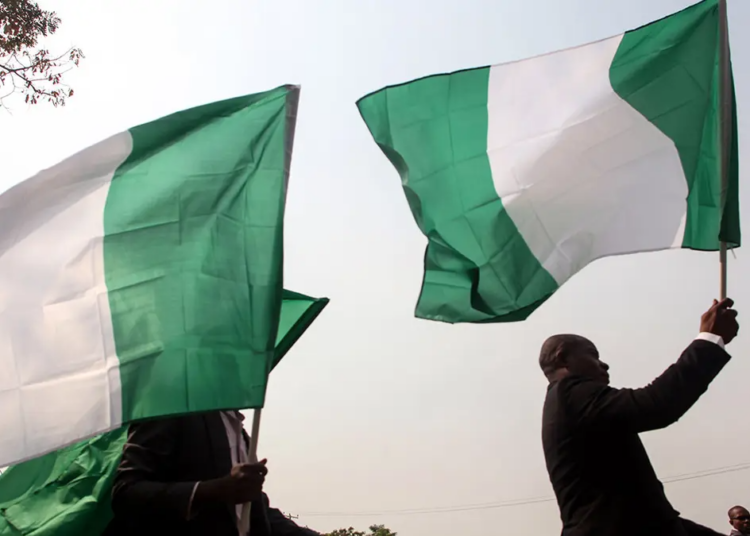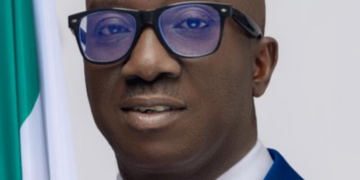With the conclusion of Nigeria’s 2023 elections and subsequent court cases, the focus has shifted to governance and the accountability of political leaders.
However, a functioning democracy requires more than just an incumbent government; it needs a credible opposition to provide alternative visions and critique the status quo.
Undoubtedly, the role of an alternative voice is essential in a democracy, as professed in Nigeria since 1999.
This alternative should be the opposition platform, which ideally offers different views on better governing the country. However, in Nigeria, this has not been the case. The political class seems to have a singular agenda – a power grab for class protection.
This results in a lack of clear ideological differences and frequent, seamless defections, as we have observed for decades.
Nigeria’s democracy, now 25 years old, appears jaded. The excitement that marked its return in 1999 has largely been overshadowed by the political class’s parochial mindsets, especially after gaining power.
Democracy has been practically hijacked by a political class that views personal aggrandizement as a hallmark of this essential system of governance in a multi-dimensional country like ours.
READ ALSO: A Formidable Opposition Party Needed
While they tout infrastructure as a product of the democratic system, the successful conclusion of elections, despite longstanding inherent challenges, is a badge they showcase as a democratic credential.
We have witnessed this since 1999, with no political party or camp being exempt from this mindset. Not even mergers, name changes, or admittance of past mistakes have altered the nature of the political class and their parties.
However, with the 2023 elections concluded, discussions of a new opposition platform have begun. Perhaps, the notion of a badly split opposition leading to the ruling party’s victory in the last election has resonated.
Consequently, the media has been abuzz with plans to unite key opposition figures, who previously refused to do so before the 2023 election. For what it’s worth, they seem to be reconsidering and have started discussions on forming a new, so-called, mega party.
This move is not unprecedented. In the build-up to the 2015 election, key opposition figures merged their political platforms into the current ruling party. This mega opposition party defeated the then-dominant ruling party, which some of its leaders predicted would rule for 60 years.
The rationale behind forming that mega opposition party in 2013 seems similar to today’s demands.
Besides the desire for new faces, there was an overwhelming belief that the new mega party would steer the country towards a better life for Nigerians.
Even when concerns about a lack of clear ideological identity were raised, the electorate, eager for change, paid little attention to the underlying power grab by the proponents of the mega party.
The regrouping of individuals who had contributed to the poor image of the other party under the mega party banner was not taken seriously. After the 2015 election, as the saying goes, the rest has been a sad history, with many Nigerians experiencing little improvement or even a decline in their circumstances.
Now, as this fresh initiative for a mega party emerges, its proponents must convince Nigerians of their genuine difference.
With some members reminiscent of the old guard, it will be interesting to see how committed they are to their claimed objective of rescuing Nigeria from misgovernance.
We will look for their distinct ideological leanings, the authenticity of their new identity, and, importantly, their fresh and realistic ideas for Nigeria and Nigerians.
Overall, the role of a viable, proactive opposition party is crucial in a democracy. They are essential for ensuring this cherished system of government functions robustly.
However, unlike the current situation, where the opposition seems devoid of ideas, reactive, lethargic, and overtly opportunistic, our democracy’s shortcomings are as much a result of their ineptitude as those of the ruling party.
Going forward, we hope for an opposition that offers concrete, workable alternative ideas backed by constructive criticism. It must energize the electorate with genuine patriotism, as demonstrated by its members’ conduct, especially in states they govern and in federal legislative offices they hold.
Moreover, it must avoid the trap of wishing for national failures to gain political power and must control its supporters to prevent the creation of a mob wishing for the system’s collapse to prove points.





